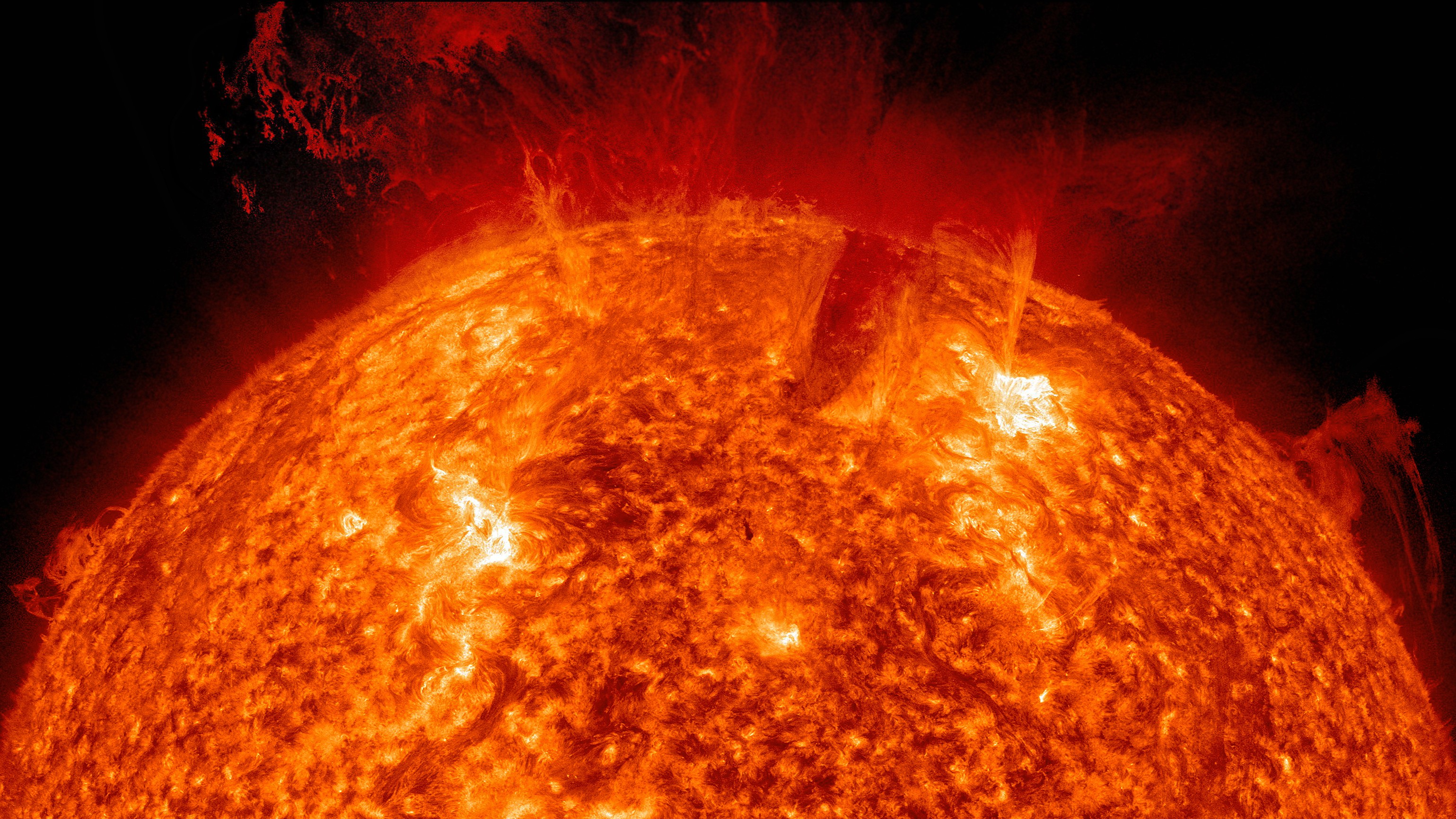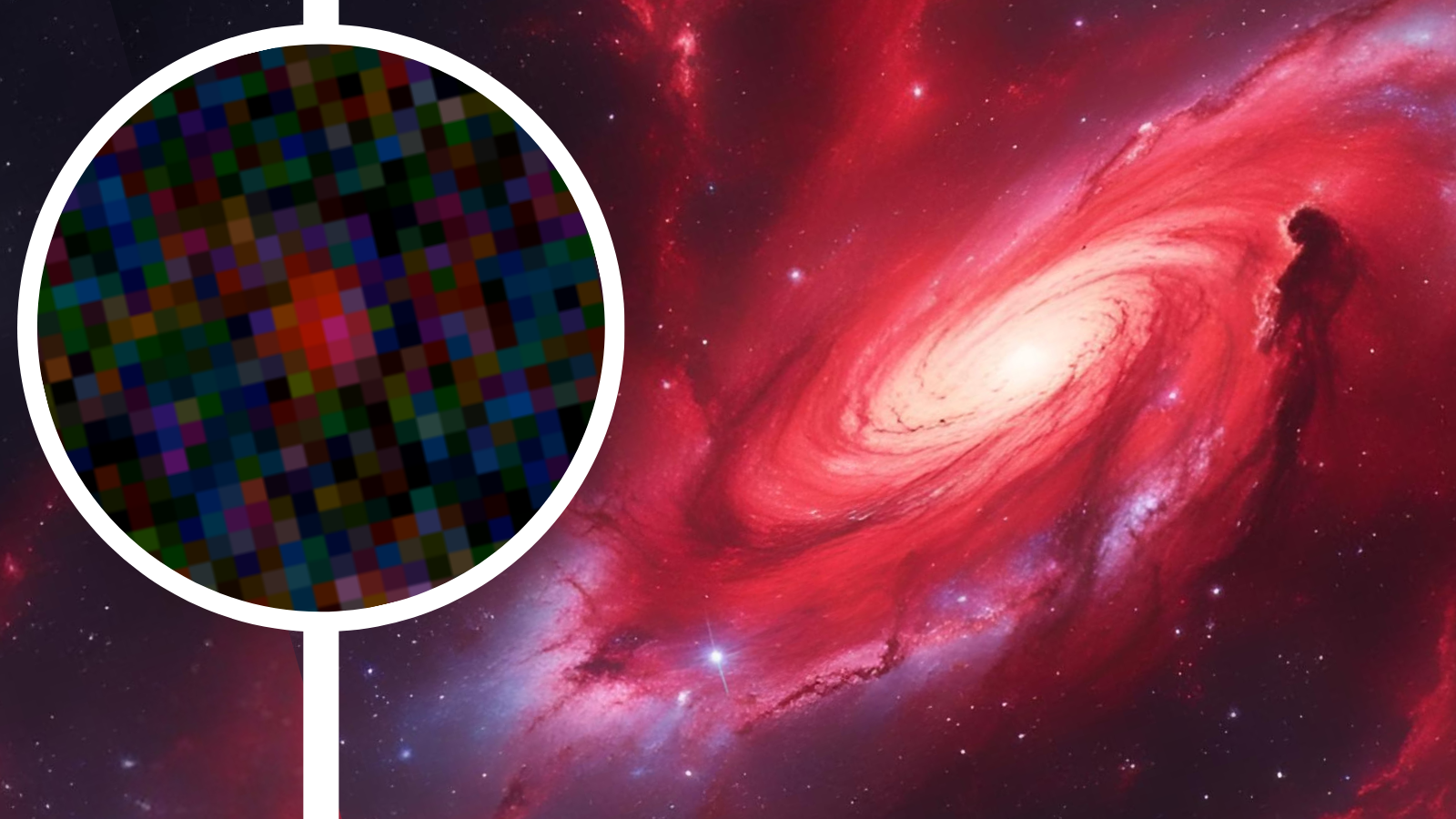Astronomy
Explore Astronomy
Latest about Astronomy
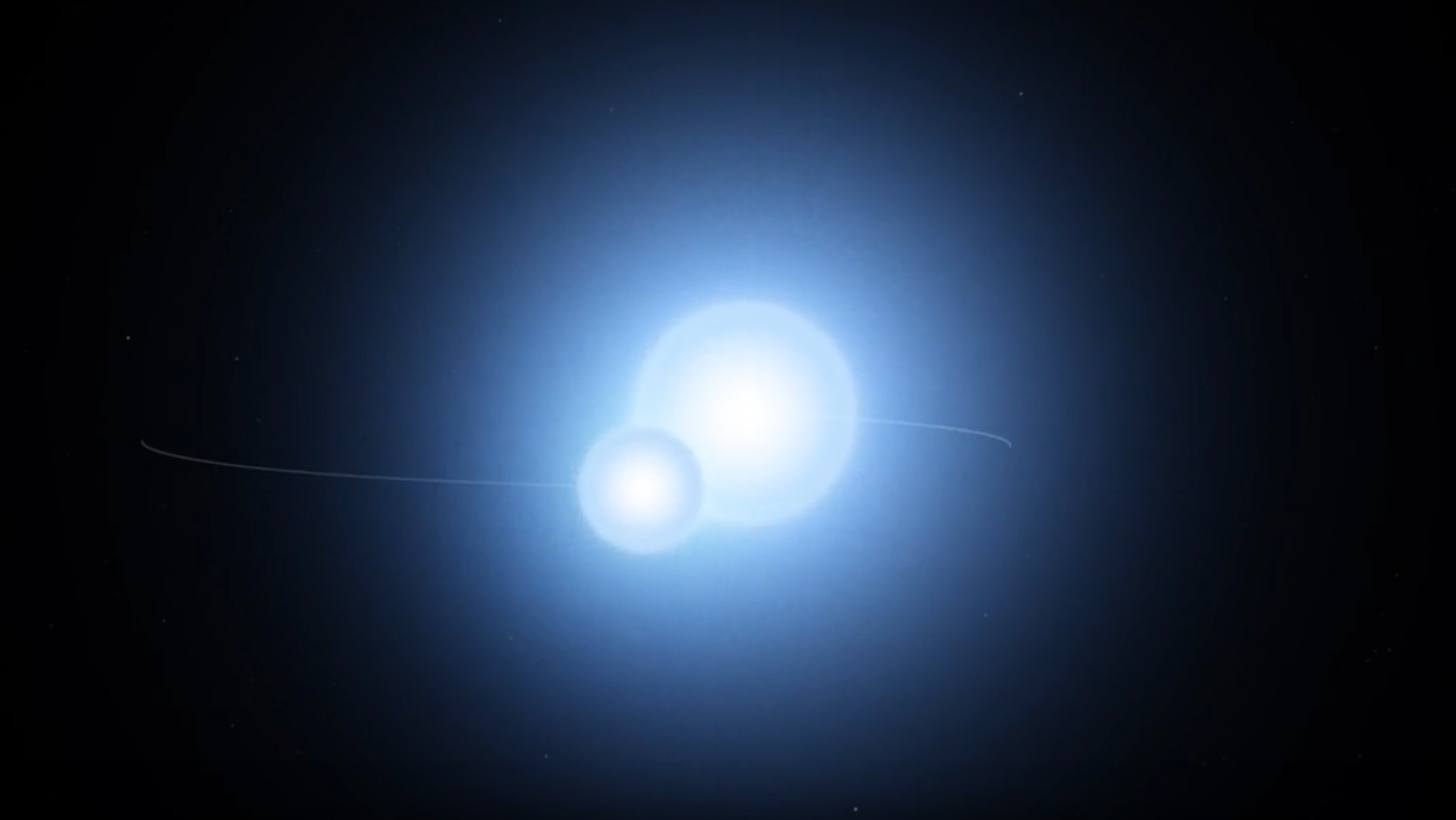
Scientists find rare double-star system where one star orbited inside the other
By Charles Q. Choi published
Astronomers may have discovered a rare type of binary star system, where one star used to orbit inside its partner.

From near to far, from here to there, Hubble sees galaxies everywhere | Space photo of the day for May 22, 2025
By Robert Z. Pearlman published
This Hubble Space Telescope image features a remote galaxy, which appears as a red arc that partially encircles a foreground elliptical galaxy.
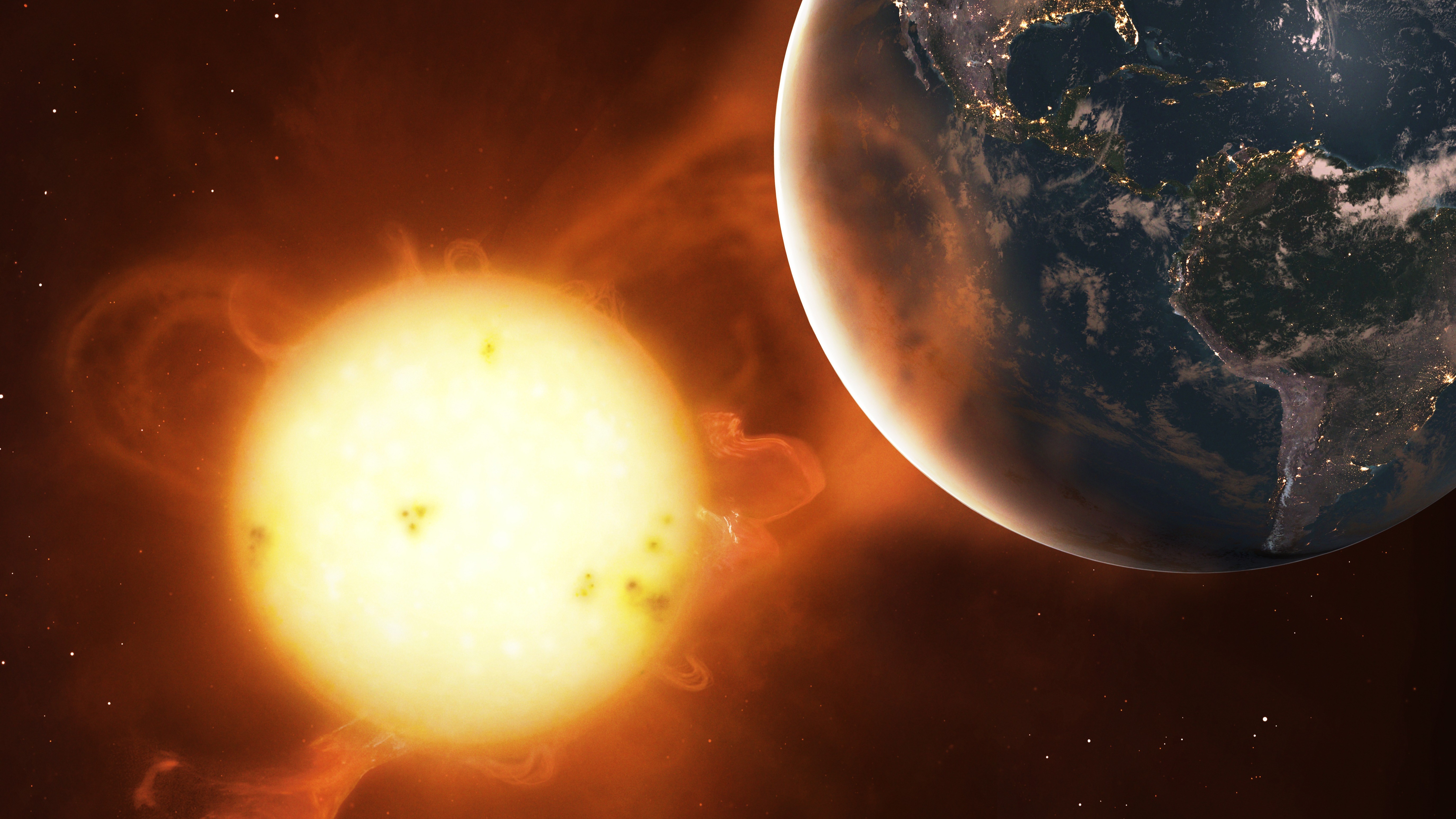
No, solar storms didn't crash Spain's internet — but here's what they can do
By Daisy Dobrijevic published
'I think it is quite clear that space weather was not the cause of the dramatic power outage in Spain recently'
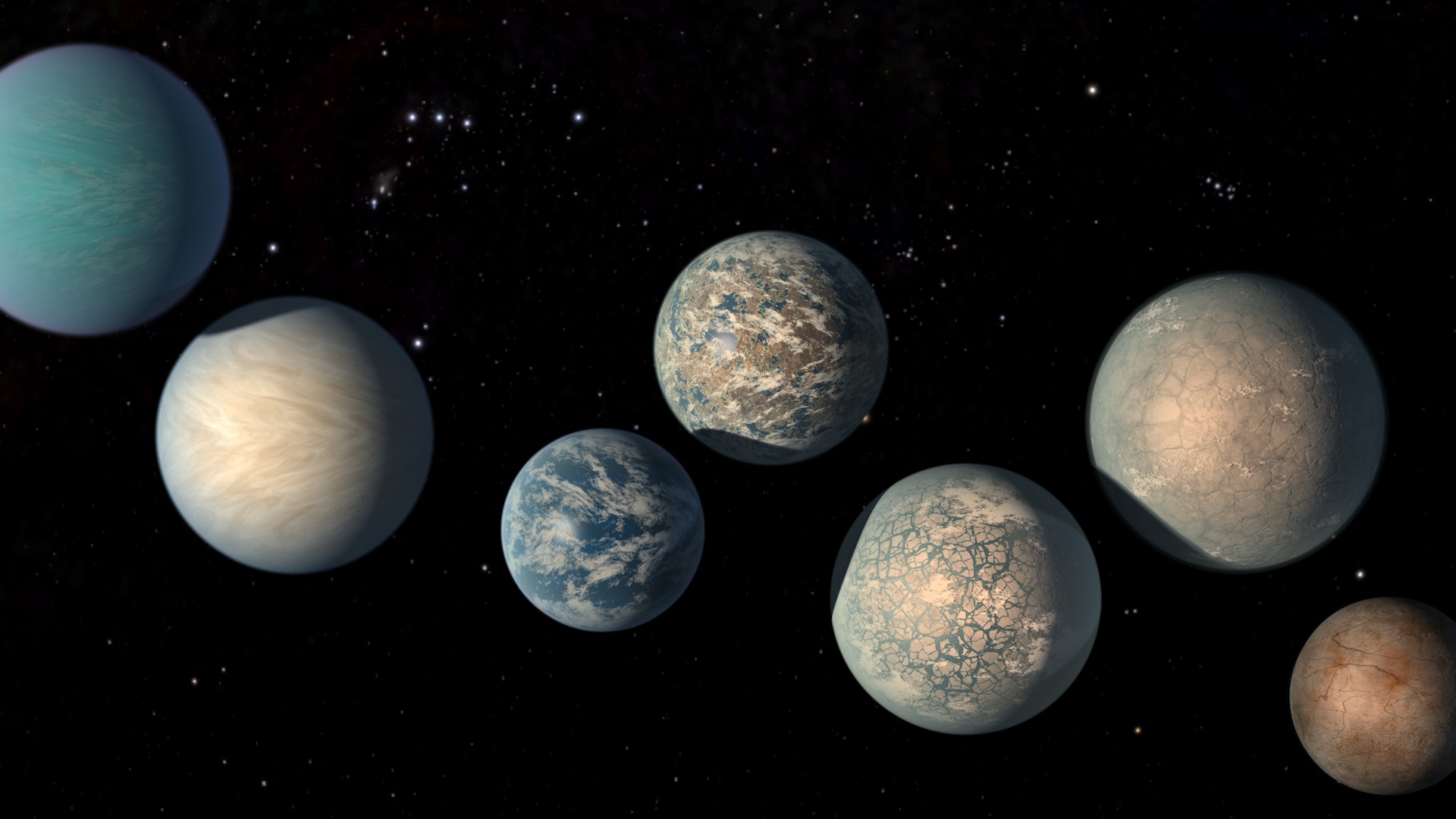
Astronomers want direct images of exoplanets. They may need 'quantum-level' tech to get them
By Victoria Corless published
A new device uses quantum optics to filter out starlight in real time — bringing scientists closer to directly observing Earth-like worlds.
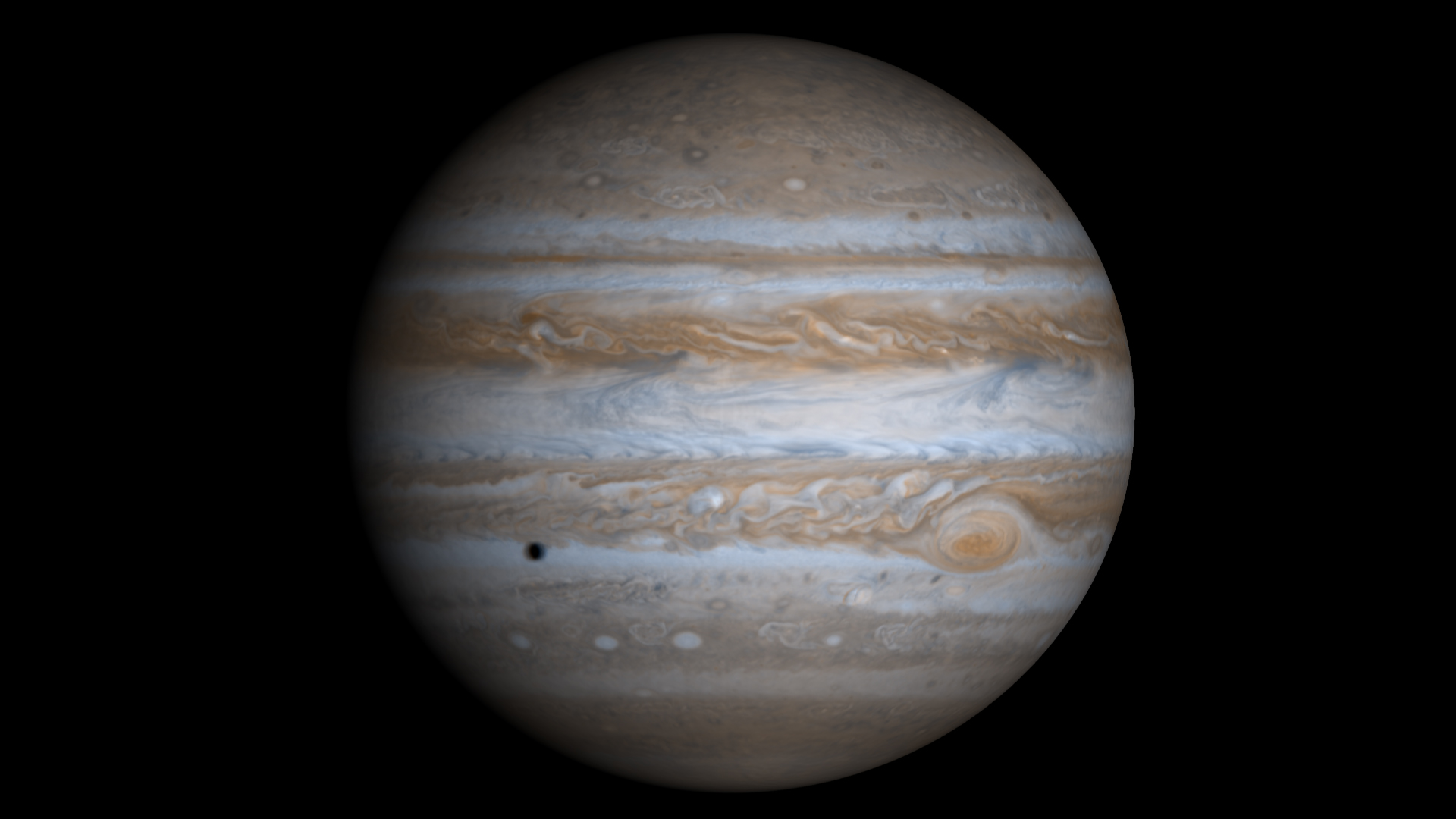
Jupiter used to be twice as big as it is now — it could have held 2,000 Earths
By Sharmila Kuthunur published
A new study reveals early Jupiter was twice its current size with a magnetic field 50 times stronger.
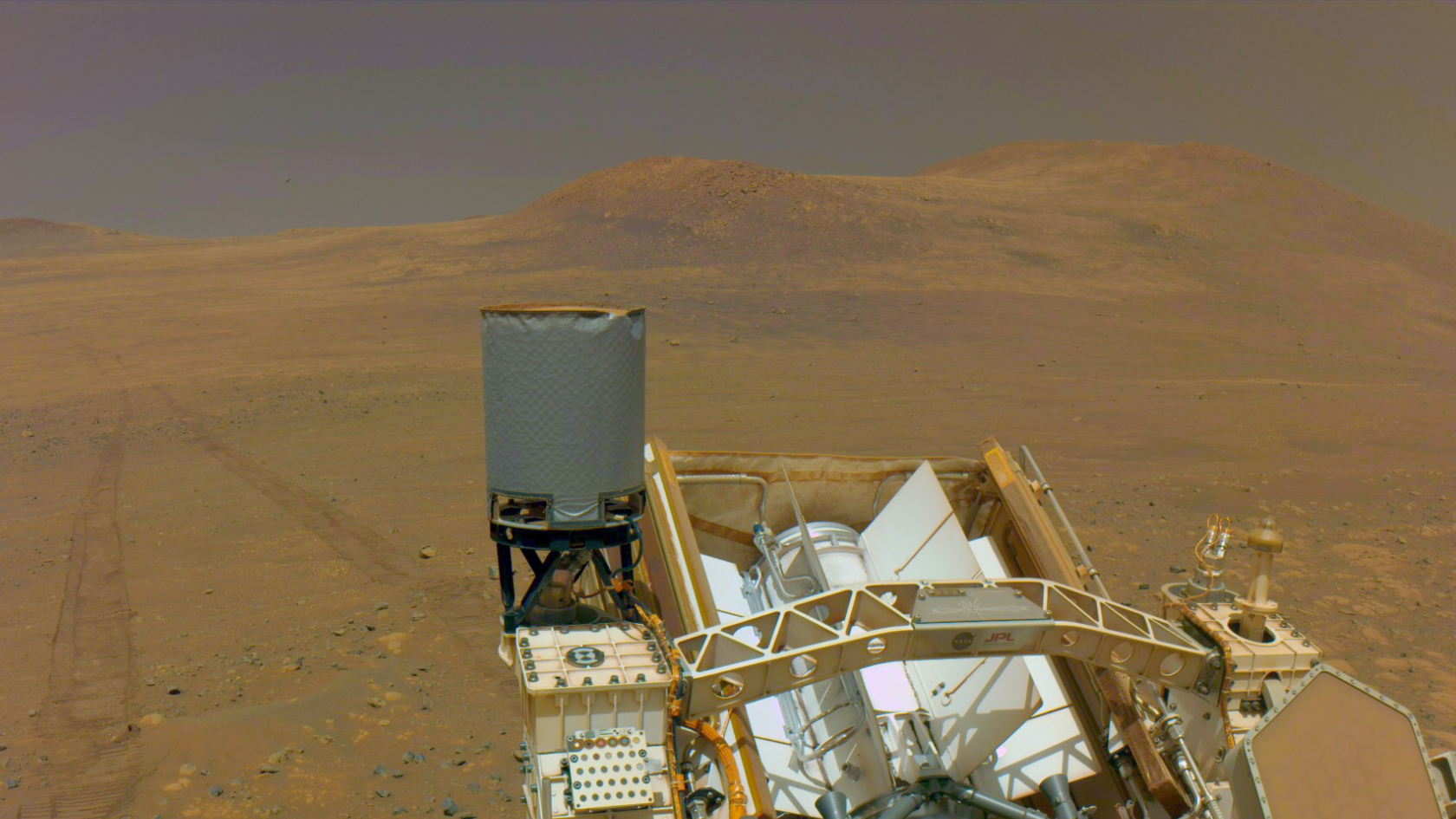
Perseverance rover rolls onto 'Crocodile' plateau on Mars to hunt for super-old rocks
By Mike Wall published
NASA's Perseverance rover is exploring a new Mars region called Krokodillen, which is thought to harbor some of the oldest and most intriguing rocks on the Red Planet.

Lightning on alien worlds may fail to spark life, simulations suggest
By Paul Sutter published
New research has found that lightning, while not very common, can occur on tidally locked exoplanets like our nearest neighbor, Proxima b.

Powerful Mother's Day geomagnetic storm created radio-disrupting bubbles in Earth's upper atmosphere
By Julian Dossett published
Researchers have provided some new insights about the powerful geomagnetic storm that flared up last Mother's Day, after a big solar storm hit Earth.
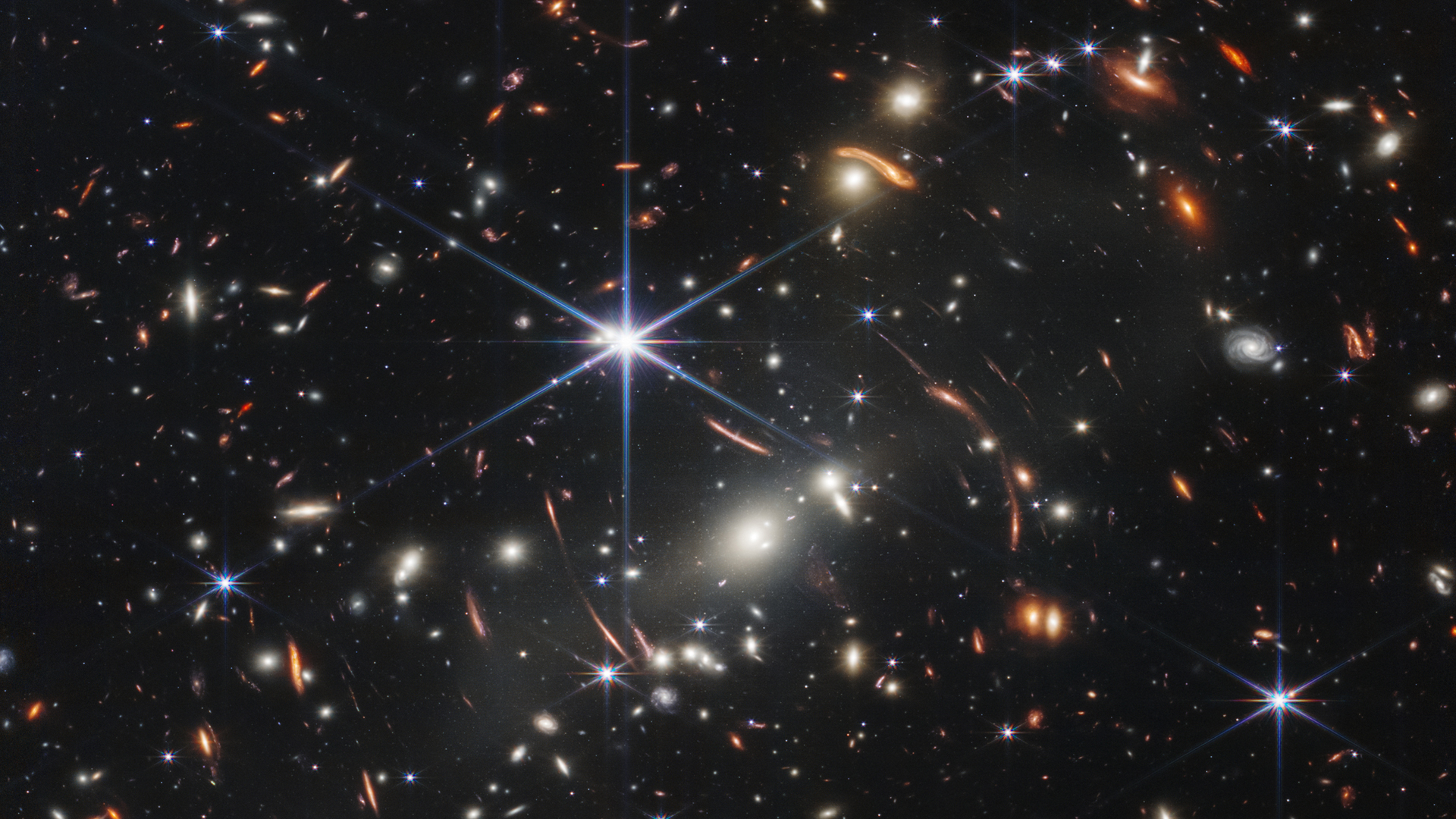
Why do dwarf galaxies line up? 'Zippers' and 'twisters' in the early universe may solve a galactic mystery
By Paul Sutter published
Structures known as "zippers" and "twisters" in the early universe may explain why dwarf galaxies tend to line up with each other, as well as hint at how dark matter operates in the universe.
Get the Space.com Newsletter
Breaking space news, the latest updates on rocket launches, skywatching events and more!
